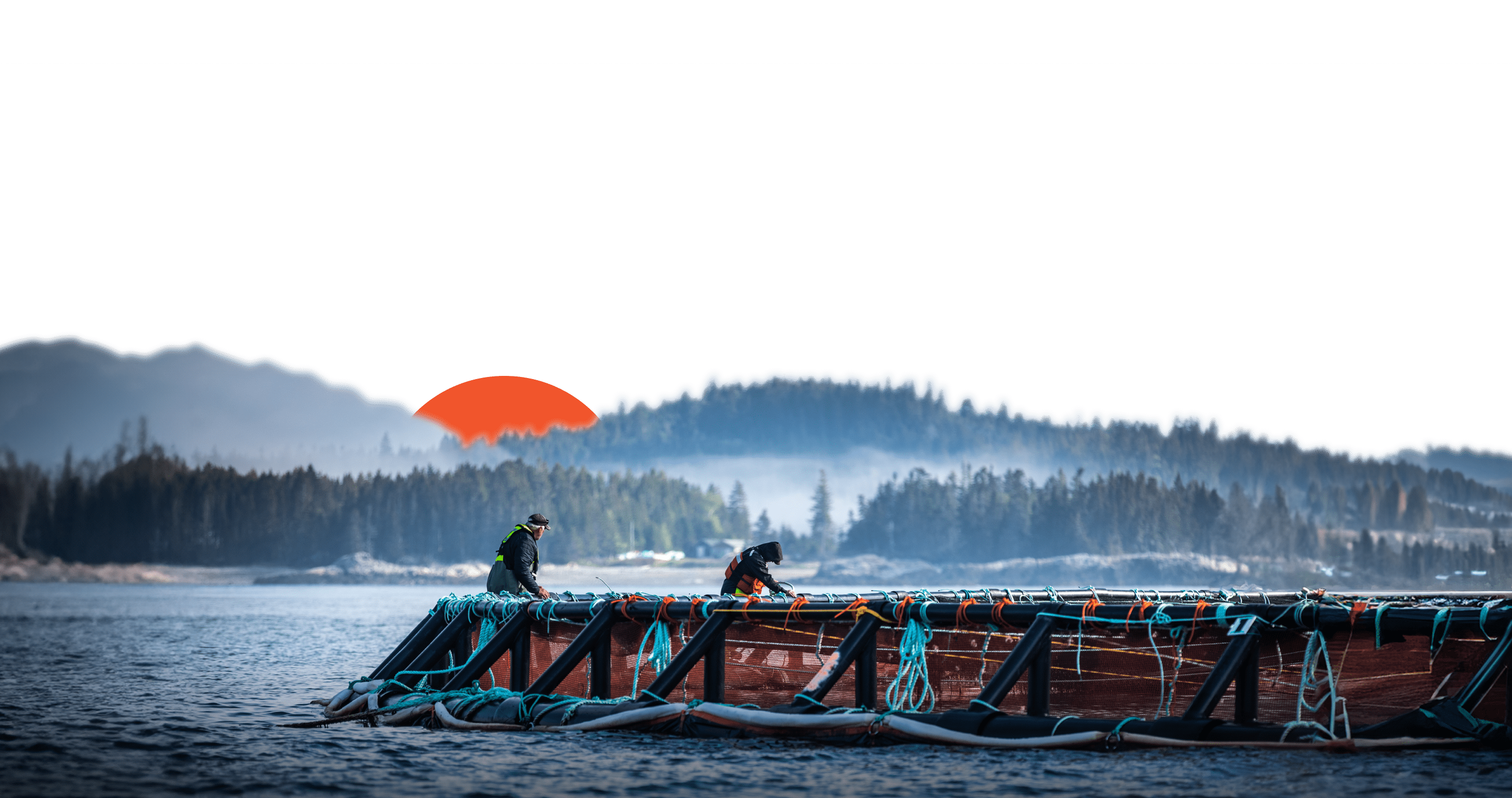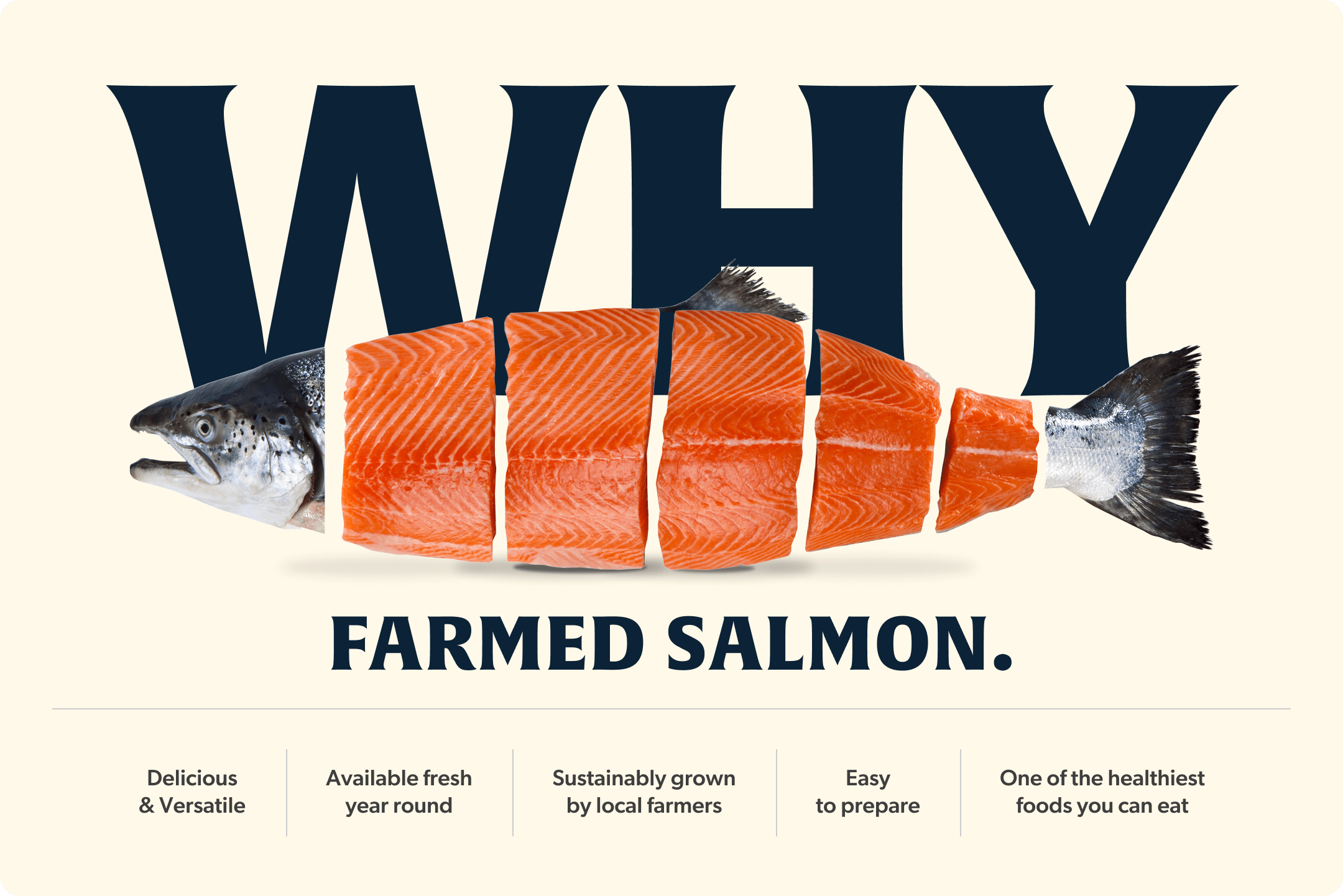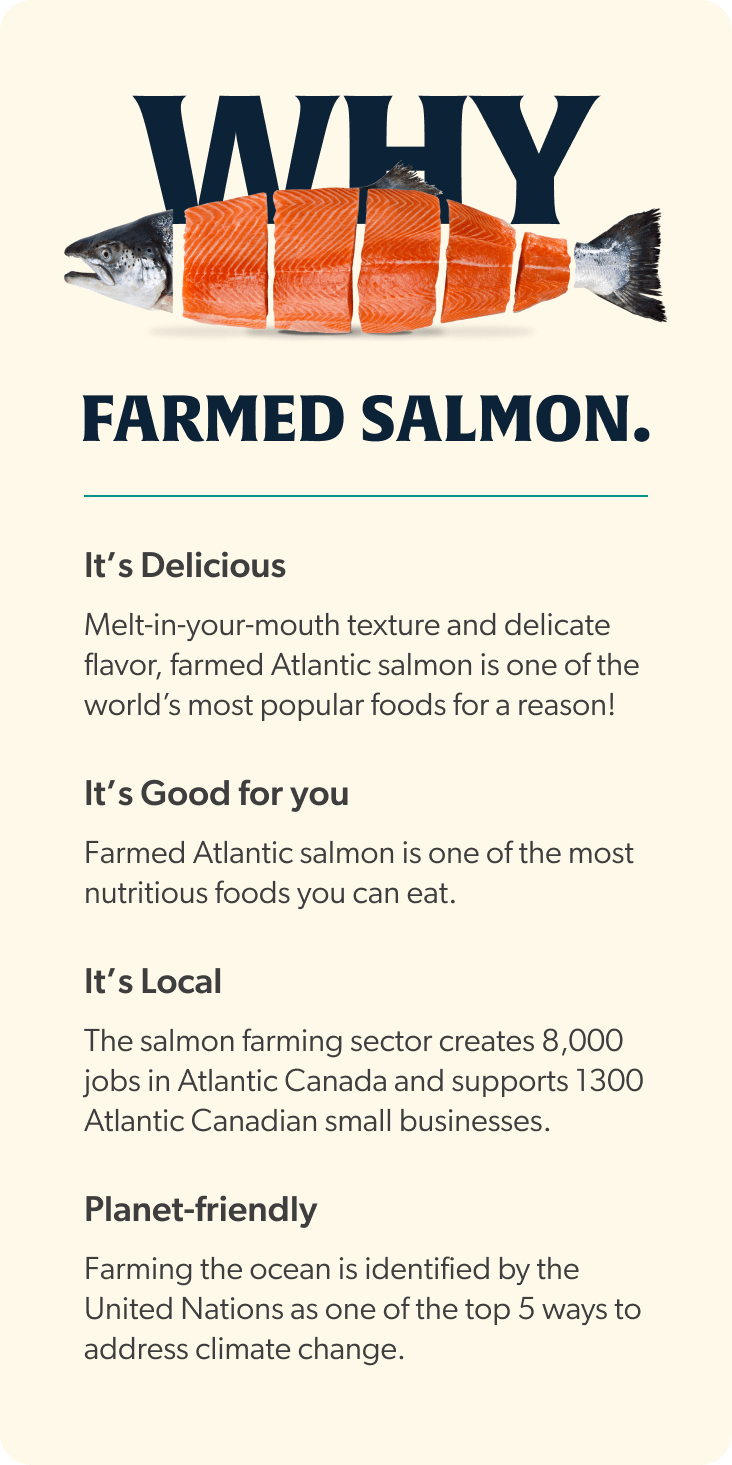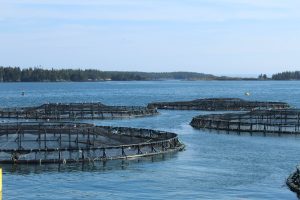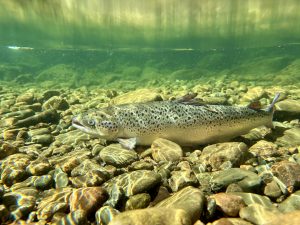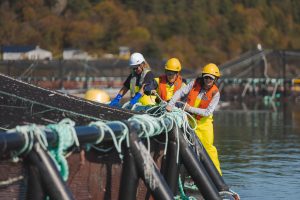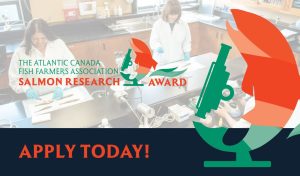It’s Delicious
With its melt-in-your mouth texture and delicate flavor, farmed Atlantic salmon is one of the world’s most popular foods for a reason! It tastes fantastic!
It’s Good For You
With its melt-in-your mouth Not only is farmed Atlantic salmon delicious, it is one of the most nutritious foods you can eat.
It’s Local
It’s farmed right here, close to home by your neighbors in Atlantic Canada. Farmed Atlantic salmon is available fresh, year-round.
It’s Good for Your Community
The salmon farming sector creates 8,000 jobs in Atlantic Canada and supports 1300 Atlantic Canadian small businesses. The sector helps keep our communities strong and our families close to home by offering year-round full-time jobs.
It’s Planet-Friendly
By almost all measures, farmed Atlantic salmon is the most sustainable large-scale animal protein on the planet. Farming the ocean is identified by the United Nations as one of the top 5 ways to address climate change.

